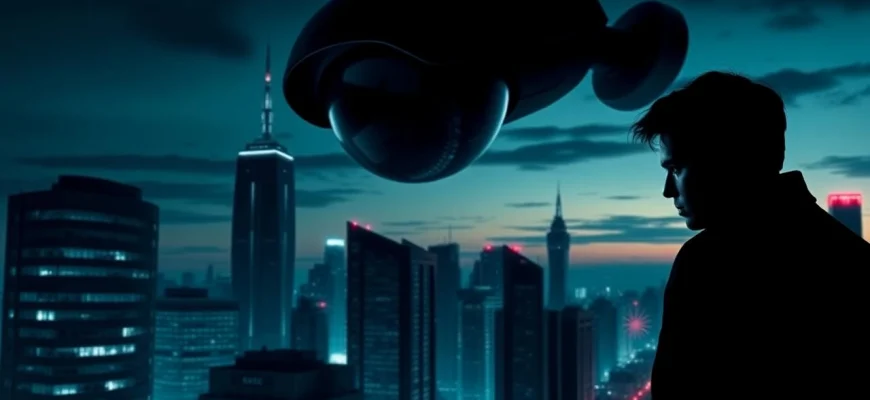If you loved the high-stakes tension and surveillance paranoia of 'Enemy of the State' (1998), you're in for a treat. This article explores 10 gripping movies and TV shows that deliver similar thrills, from government conspiracies to high-tech espionage. Whether you're a fan of Will Smith's intense performance or the film's relentless pace, these recommendations will keep you on the edge of your seat. Dive in to discover your next binge-worthy watch!

The Manchurian Candidate (1962)
Description: This Cold War classic shares with 'Enemy of the State' themes of government manipulation and brainwashing. Both films feature protagonists who uncover shocking conspiracies that reach the highest levels of power. The psychological manipulation in 'Candidate' parallels the technological control in 'Enemy'.
Fact: Was pulled from circulation after JFK's assassination due to its plot about political murder. Angela Lansbury was only three years older than Laurence Harvey who played her son. The famous 'queen of diamonds' sequence was inspired by real CIA experiments.
 Watch Now
Watch Now 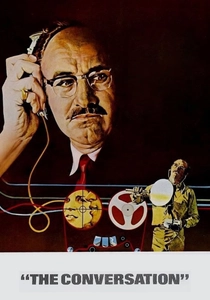
The Conversation (1974)
Description: Like 'Enemy of the State', this film examines surveillance technology and its moral implications. Both feature protagonists who are experts in surveillance (one a NSA analyst, the other a wiretap specialist) who become entangled in conspiracies through their work. The films share a paranoid atmosphere where technology invades privacy.
Fact: Won the Palme d'Or at Cannes in 1974, beating 'The Godfather Part II'. Francis Ford Coppola considers this his most personal film. The surveillance equipment was so authentic that the FBI consulted on the film.
 Watch Now
Watch Now 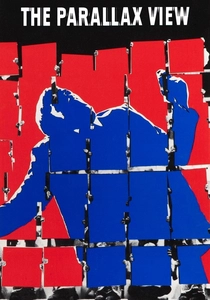
The Parallax View (1974)
Description: Similar to 'Enemy of the State' in its exploration of government conspiracy and surveillance, 'The Parallax View' delves into the paranoia of the 1970s with a journalist uncovering a shadowy organization. Both films feature protagonists who are relentlessly pursued by unseen forces, highlighting themes of distrust in authority and the individual's struggle against systemic power.
Fact: Directed by Alan J. Pakula, part of his 'paranoia trilogy' alongside 'Klute' and 'All the President's Men'. Features one of the most unsettling corporate indoctrination films ever made. The assassination scene was storyboarded by legendary illustrator Saul Bass.
 Watch Now
Watch Now 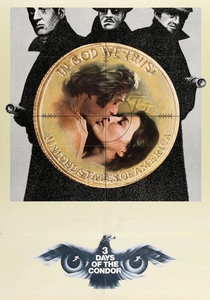
Three Days of the Condor (1975)
Description: This political thriller shares with 'Enemy of the State' the theme of an ordinary man caught in a deadly conspiracy beyond his understanding. Both protagonists use their wits to survive against a faceless bureaucracy, with technology and surveillance playing key roles. The films create tension through the constant threat of being watched or tracked.
Fact: Robert Redford's character was based on a real CIA program that had analysts reading books for intelligence clues. The film's New York locations were shot guerrilla-style without permits. The ending was famously ambiguous, leaving the fate of the characters uncertain.
 Watch Now
Watch Now 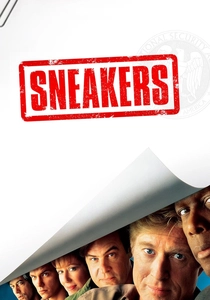
Sneakers (1992)
Description: This hacker caper shares with 'Enemy of the State' the theme of surveillance technology falling into the wrong hands. Both films feature teams of experts using their technical skills against powerful adversaries. The tone is lighter but the technological paranoia is similar.
Fact: The NSA consulted on the film but asked for their name to be removed. Features early appearances of many future stars. The decryption scene used real cryptographic principles.
 Watch Now
Watch Now 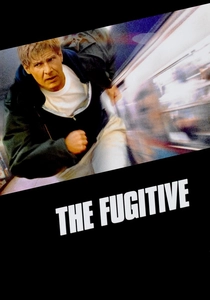
The Fugitive (1993)
Description: Like 'Enemy of the State', this features an innocent man pursued by authorities, using his intelligence to clear his name. Both films showcase the protagonist's resourcefulness in evading capture while uncovering the truth. The cat-and-mouse chase structure is similar, with technology playing a key role in the pursuit.
Fact: The train crash scene used a real locomotive and cost $1 million to film. Tommy Lee Jones improvised many of his famous lines. Based on a 1960s TV series, but significantly updated for the 90s.
 Watch Now
Watch Now 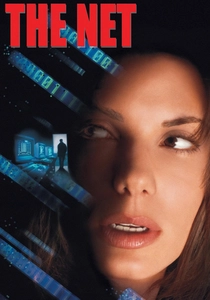
The Net (1995)
Description: This tech-thriller shares with 'Enemy of the State' the theme of digital surveillance and identity theft. Both protagonists find their lives upended when powerful organizations manipulate computer systems to frame them. The films were prescient about the dangers of our digital footprints.
Fact: Sandra Bullock did her own computer stunts after taking crash courses. The film predicted many aspects of our current digital lives. Was one of the first mainstream films to deal with computer hacking realistically.
 Watch Now
Watch Now 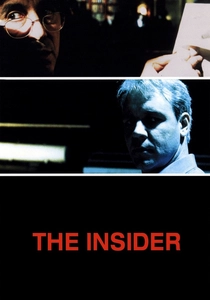
The Insider (1999)
Description: Like 'Enemy of the State', this deals with whistleblowers facing powerful institutions. Both films show the personal cost of challenging corrupt systems, with intense surveillance and legal pressure used against the protagonists. The journalistic investigation angle parallels the legal thriller aspects.
Fact: Based on the true story of Jeffrey Wigand and the 60 Minutes tobacco expose. Russell Crowe gained 40 pounds for his role. Michael Mann shot over 2 million feet of film, a record at the time.
 Watch Now
Watch Now 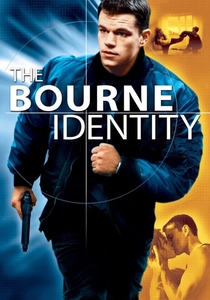
The Bourne Identity (2002)
Description: Both films feature protagonists on the run from shadowy government agencies, using their skills to evade high-tech surveillance. The action sequences in both movies showcase realistic tradecraft and the use of urban environments to escape pursuers. They share themes of memory, identity, and institutional corruption.
Fact: Matt Damon trained with former CIA operative for his role. The famous parkour chase was shot with real stuntmen, not CGI. The film's success revived the spy thriller genre in post-9/11 cinema.
 Watch Now
Watch Now 
The Lives of Others (2006)
Description: This German film shares with 'Enemy of the State' the theme of state surveillance and its moral consequences. Both explore how surveillance affects both the watchers and the watched, with protagonists who begin to question their roles in oppressive systems. The psychological tension is similarly gripping.
Fact: The Stasi archives consultant was a former Stasi officer himself. The lead actor Ulrich Mühe had actually been spied on by the Stasi in real life. Won the Academy Award for Best Foreign Language Film.
 Watch Now
Watch Now 
